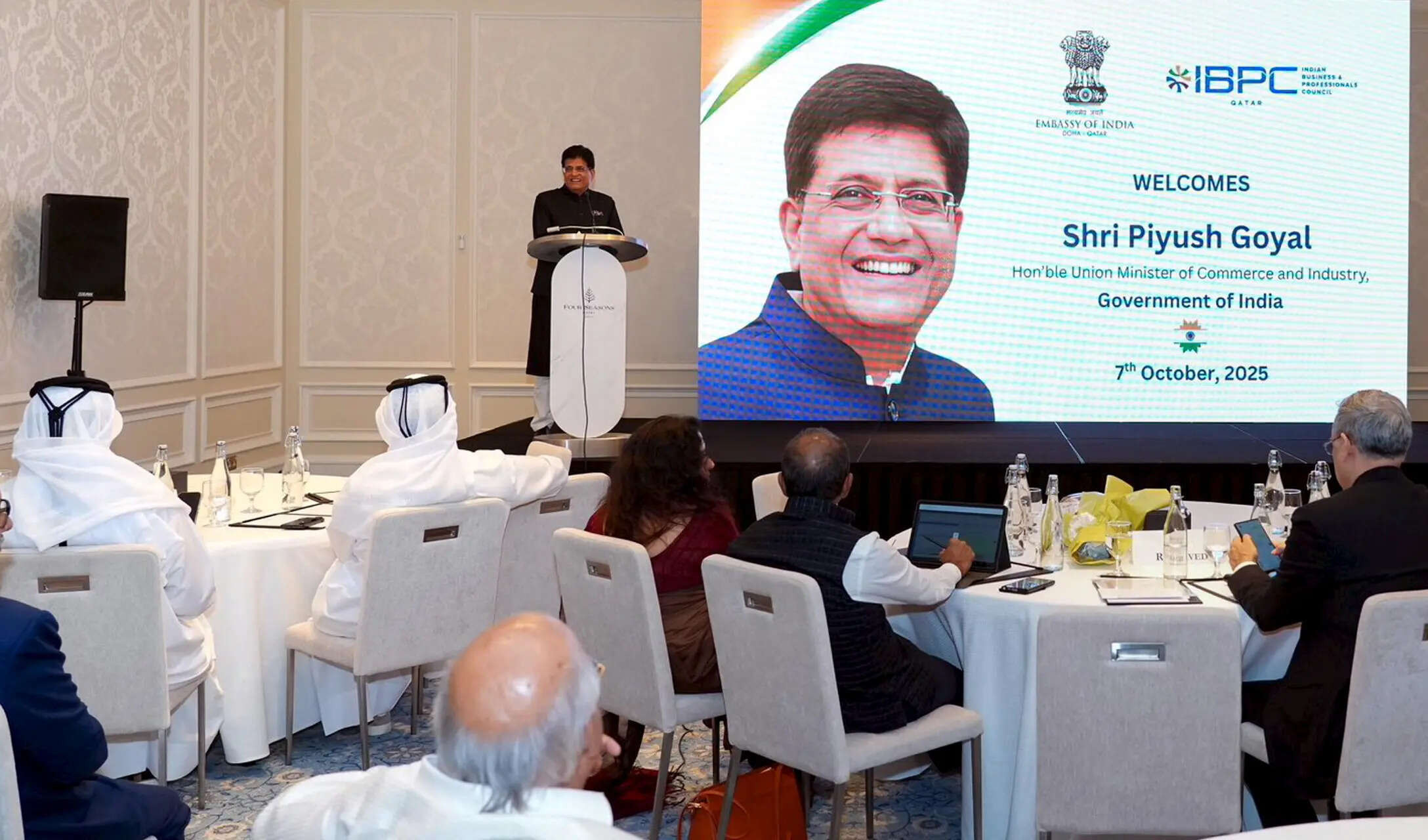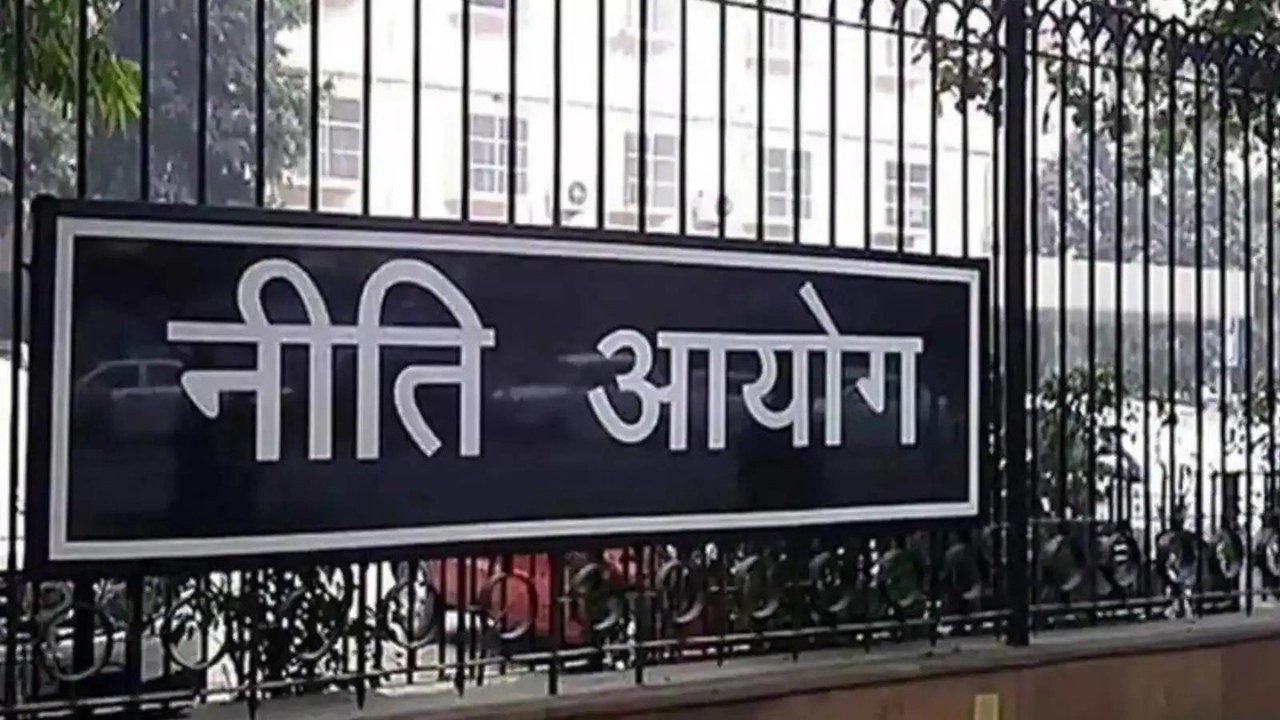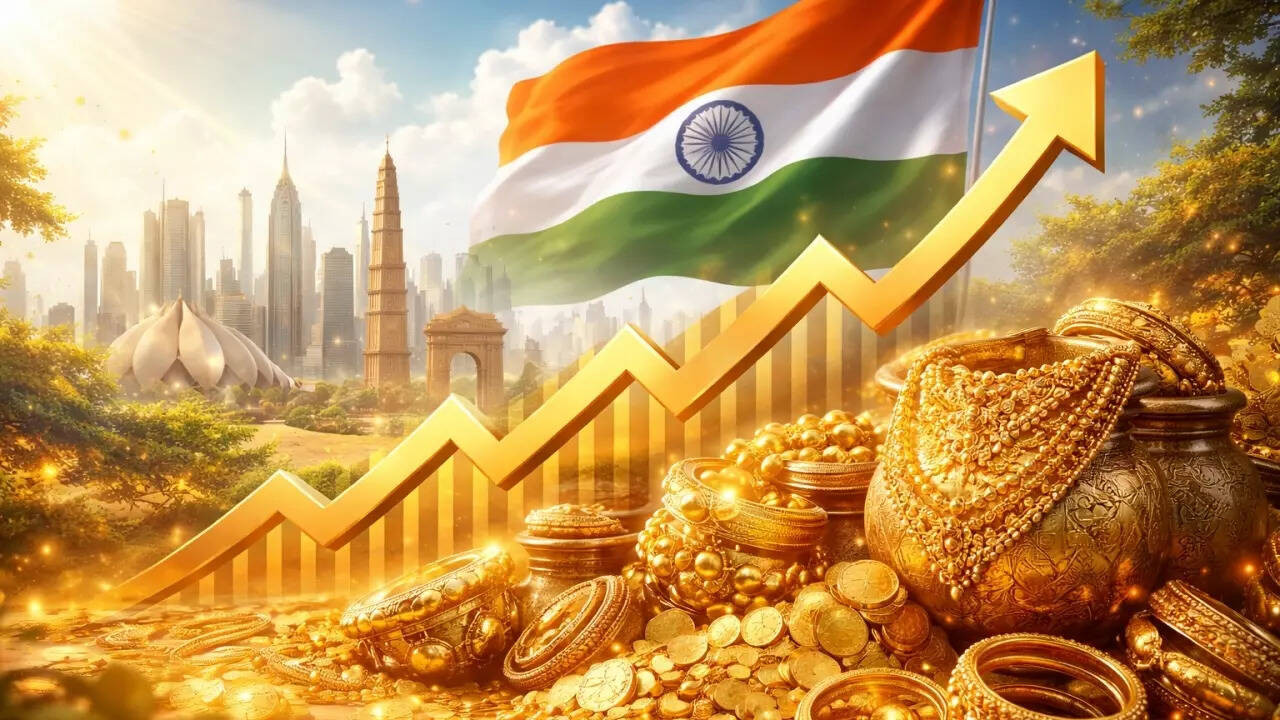India is optimistic about finalizing a fair and balanced trade agreement with the European Union by year-end, with the 14th round of talks underway in Brussels. Commerce Minister Piyush Goyal highlighted mutual benefits, while discussions with the US remain uncertain due to a government shutdown and existing tariffs.
Charting a New Course: India and the EU Aim for Landmark Trade Deal
Imagine a bridge connecting two of the world’s most significant economic powerhouses. That’s the potential of the free trade agreement currently being hammered out between India and the European Union. After years of stop-start negotiations, the momentum feels different this time. Commerce and Industry Minister Piyush Goyal recently expressed optimism about finalizing a “fair and balanced” agreement by the end of this year, and the world is watching.
But what makes this particular negotiation so crucial, and what hurdles still lie ahead? Let’s unpack the significance of a potential India EU trade deal.
A Win-Win Scenario: The Promise of Increased Trade
The potential benefits of a successful agreement are enormous. India, with its burgeoning middle class and dynamic manufacturing sector, represents a massive market for European goods and services. Conversely, the EU offers Indian businesses access to a sophisticated consumer base and a regulatory environment that demands high standards – pushing Indian industries to innovate and improve.
Goyal emphasized in Doha that both sides are committed to creating a mutually beneficial agreement. This translates to increased trade flows, reduced tariffs, and greater investment opportunities. For example, sectors like textiles, leather goods, and pharmaceuticals in India could see a significant boost from easier access to the European market. European companies specializing in technology, machinery, and sustainable solutions could find a receptive audience in India, contributing to its ambitious development goals. The envisioned India EU trade deal aims to unlock this potential.

Beyond Tariffs: Addressing Key Concerns
However, the path to a comprehensive agreement isn’t paved with simple tariff reductions alone. Several key areas require careful consideration and compromise. One significant point of discussion is intellectual property rights, especially in the pharmaceutical sector. Balancing the need to protect innovation with the imperative to provide affordable medicines is a delicate act.
Another important factor is the EU’s push for environmental and labor standards. While India is committed to sustainable development and worker welfare, the pace and scope of reforms are subjects of ongoing negotiation. Finding common ground on these issues is vital to ensure the agreement is both economically beneficial and socially responsible. For example, stringent regulations can sometimes act as trade barriers, even unintentionally. Both sides must ensure that standards are met in a realistic and fair manner.
Navigating Geopolitical Tides
The India EU trade deal isn’t just about economics; it also carries geopolitical significance. In a world increasingly characterized by strategic competition, strengthening ties between India and the EU sends a powerful signal about shared values and a commitment to multilateralism. It provides an alternative to relying on any single dominant global power.
Furthermore, a successful trade agreement could pave the way for deeper cooperation on issues such as climate change, cybersecurity, and counterterrorism. By working together, India and the EU can play a more prominent role in shaping the global agenda and promoting a more stable and prosperous world. It’s about building a resilient partnership for an unpredictable future. You might also find our article on the India-US trade relations equally insightful.
The Road Ahead: Optimism Tempered by Realism
While Minister Goyal’s optimism is encouraging, it’s crucial to acknowledge the complexities that still exist. Reaching a final agreement by the end of the year will require sustained political will, flexibility, and a willingness to compromise from both sides.
The upcoming months will be critical. Negotiators must bridge the remaining gaps and address the concerns of various stakeholders. Transparency and open communication will be essential to build trust and ensure that the final agreement reflects the interests of all parties involved.
A Future Forged in Collaboration
The potential India EU trade deal represents a significant opportunity to unlock economic growth, strengthen strategic partnerships, and shape a more inclusive and sustainable future. While challenges remain, the commitment from both sides to find a mutually beneficial solution provides reason for optimism. If successful, this agreement will not only transform trade relations but also forge a stronger and more resilient partnership between two of the world’s most important regions. It will be a significant moment in the ever-evolving landscape of global commerce and cooperation, built on mutual respect, shared ambition, and a vision for a brighter future.
slug: india-eu-trade-deal







